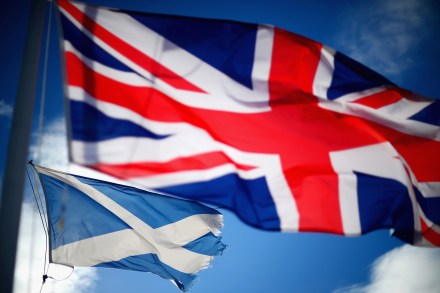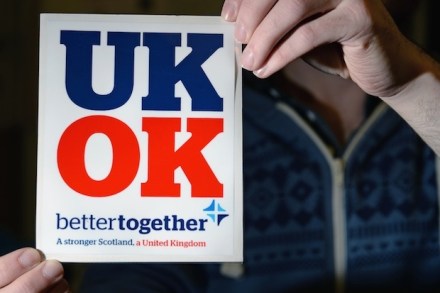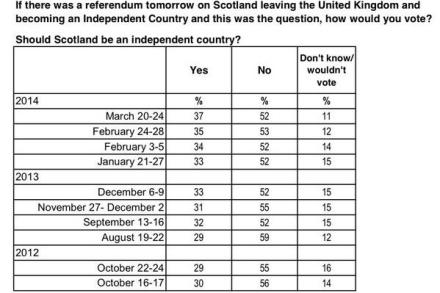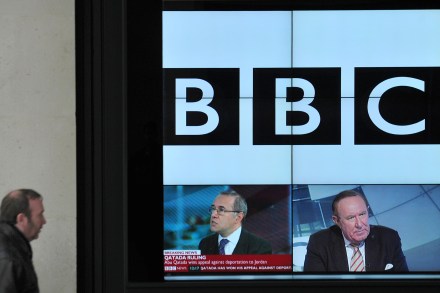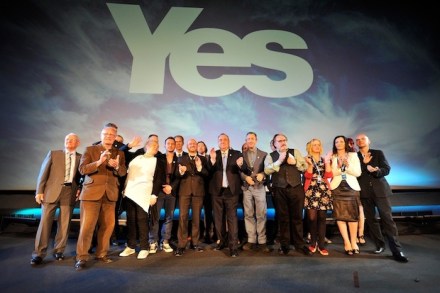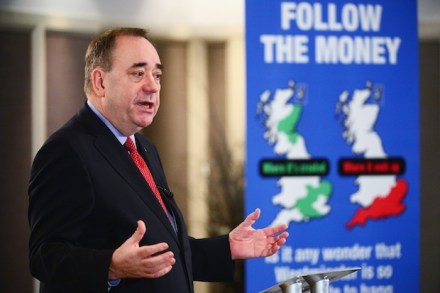Scots and English are the same people, with different accents. Why pretend otherwise?
[audioplayer src=”http://traffic.libsyn.com/spectator/TheViewFrom22_10_April_2014_v4.mp3″ title=”Fraser Nelson and Angus Robertson debate Scottish independence” startat=32] Listen [/audioplayer]Sometimes it is easy to understand why countries break up. Some founder on the rocks of their internal contradictions. Others are historical conveniences that have simply run their course. Czechoslovakia was an artificial construct, a country with two languages and cultures, which split soon after the Iron Curtain fell. The division of Cyprus in 1974 marked the end of the fraternity between the island’s Turks and Greeks. The partition of India was driven by trouble between its Hindus and Muslims. It’s a constant, often tragic theme in history — people decide that what divides them is stronger than what



